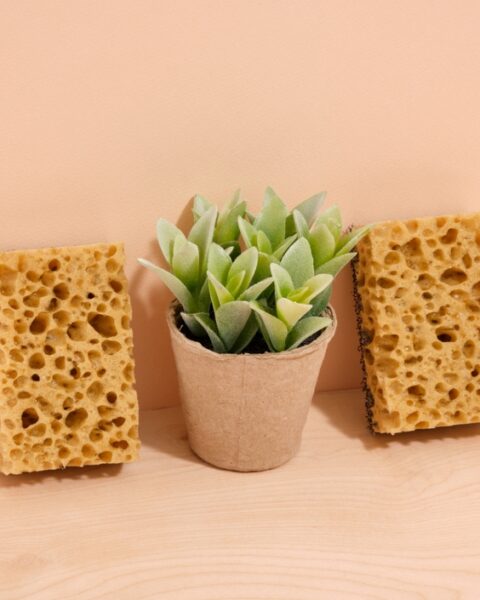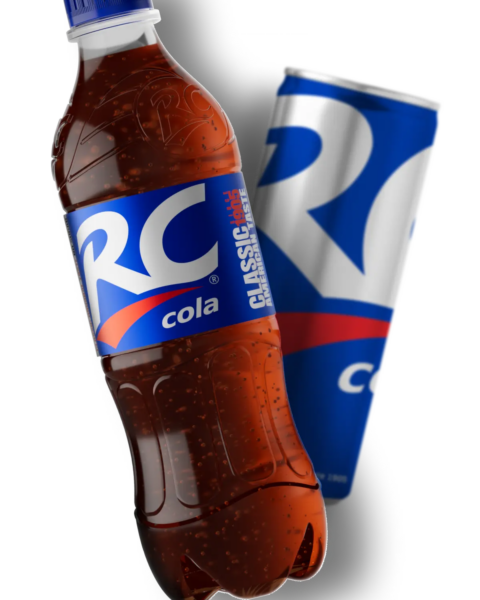There’s something truly special about family-owned wineries. They carry decades, sometimes centuries, of passion, dedication, and tradition, all poured into every bottle. These wineries aren’t just about making wine—they’re about preserving heritage while also embracing fresh ideas to shape the future of winemaking. Let’s take a closer look at the family-owned wineries that have not only stood the test of time but have also set the trends we see in modern winemaking.
Contents
- 1 Sutter Home Winery
- 2 Heitz Wine Cellars
- 3 Hanzell Vineyards
- 4 Jackson Family Wines
- 5 Bethel Heights Vineyard
- 6 Tahbilk Winery
- 7 DeLoach Vineyards
- 8 Hoopes Vineyard
- 9 Mitchell Wines
- 10 Cline Family Cellars
- 11 Maxwell Wines
- 12 Wente Vineyards
- 13 Torres Winery
- 14 Ridge Vineyards
- 15 More From RetailShout
- 16 12 Hydrating Foods That Help Support Kidney Function
- 17 10 Chic Loungewear Under $25 You’ll Love from Walmart
Sutter Home Winery
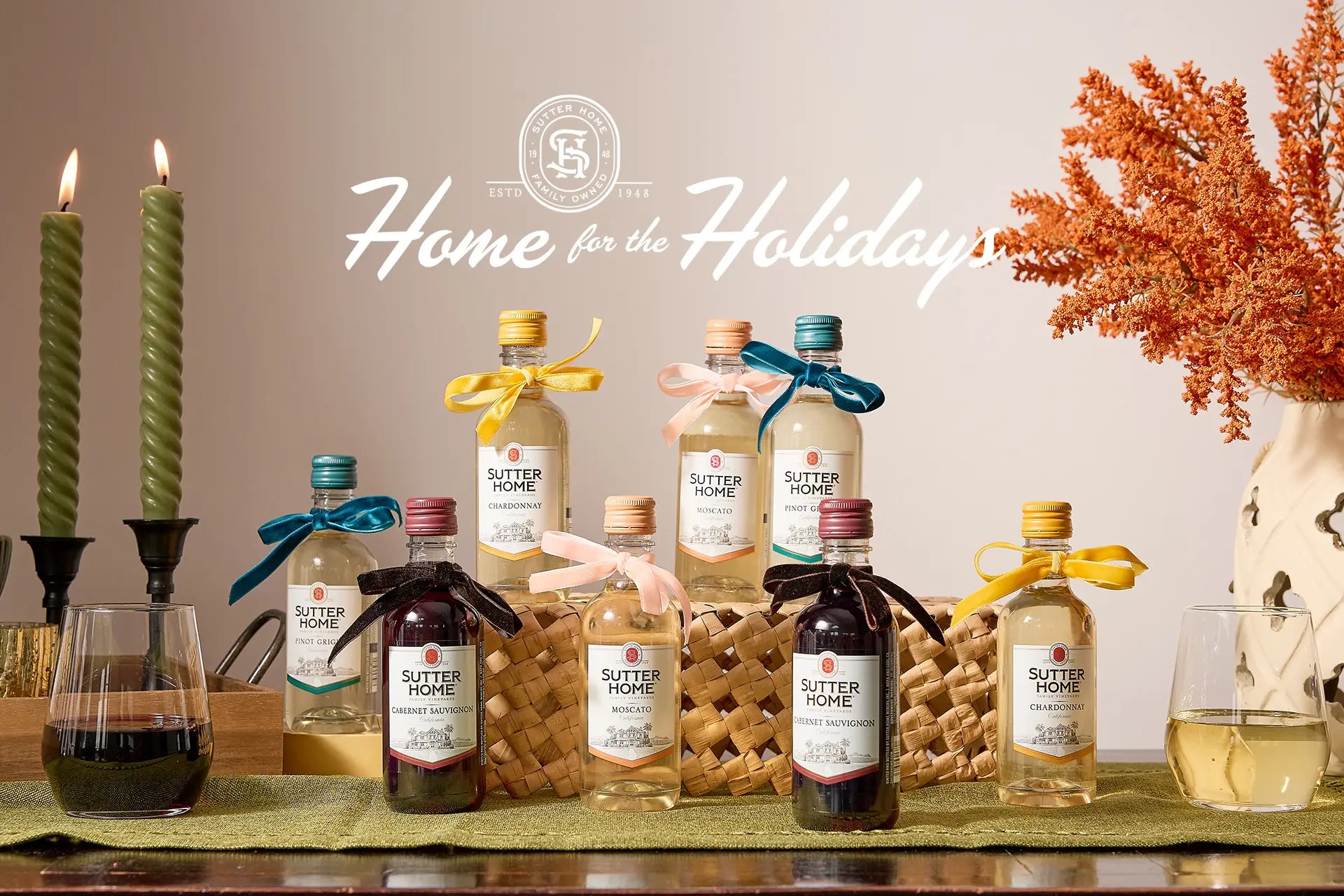
Established in 1948 by the Trinchero family in St. Helena, California, Sutter Home Winery gained prominence with the accidental creation of White Zinfandel in the 1970s. This innovation not only popularized a new wine style but also made wine more accessible to the American public. The family’s commitment to approachable wines has significantly influenced casual wine consumption trends. Today, Sutter Home remains one of the largest family-run independent wineries in the United States.
Heitz Wine Cellars
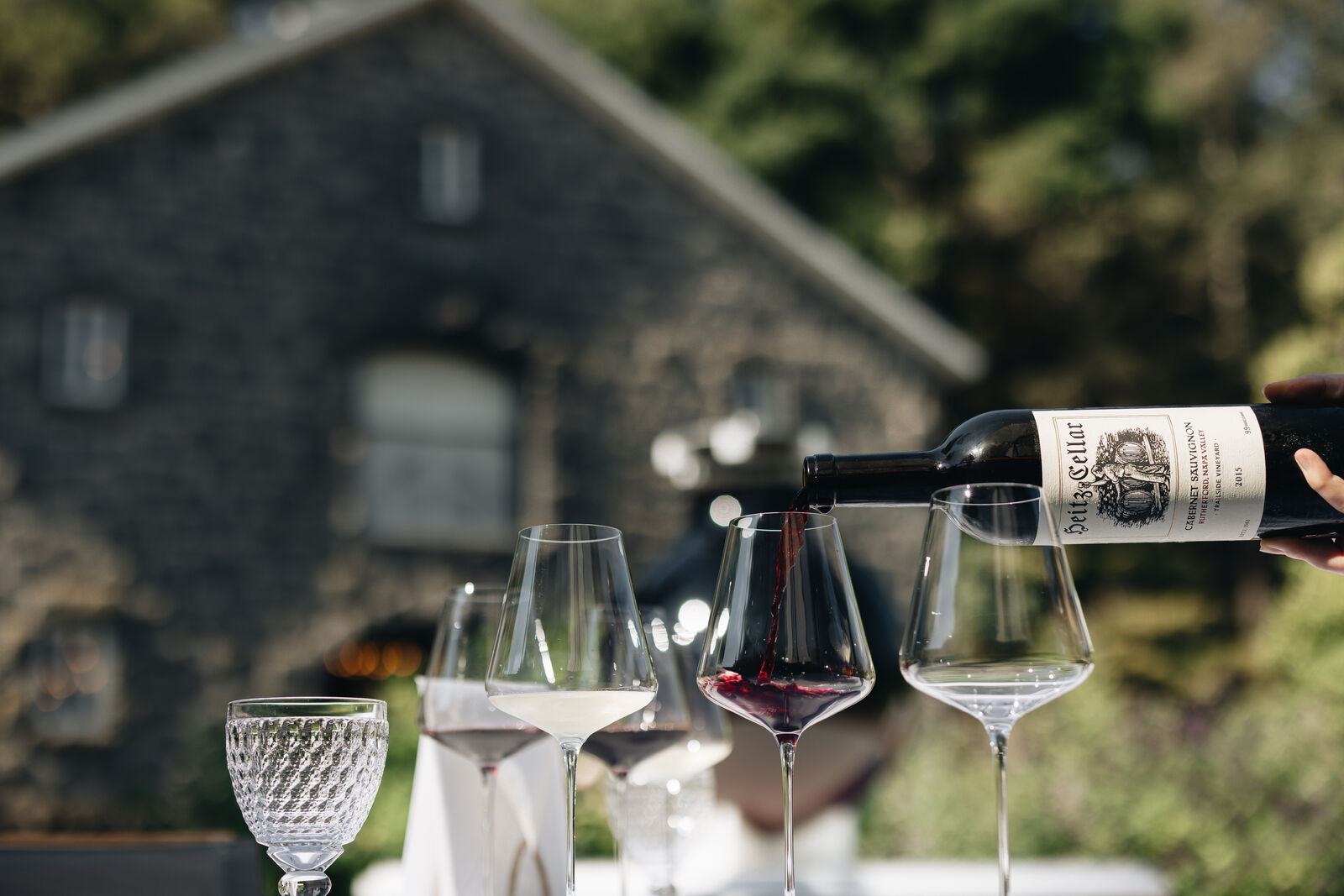
Founded in 1961 by Joe and Alice Heitz in Napa Valley, Heitz Wine Cellars pioneered the concept of single-vineyard designated wines in the U.S. Their ‘Martha’s Vineyard’ Cabernet Sauvignon set new standards for quality and terroir expression. The Heitz family’s dedication to excellence has had a lasting impact on Napa Valley’s reputation for premium wines. Their approach to showcasing vineyard-specific characteristics continues to influence winemaking practices today.
Hanzell Vineyards
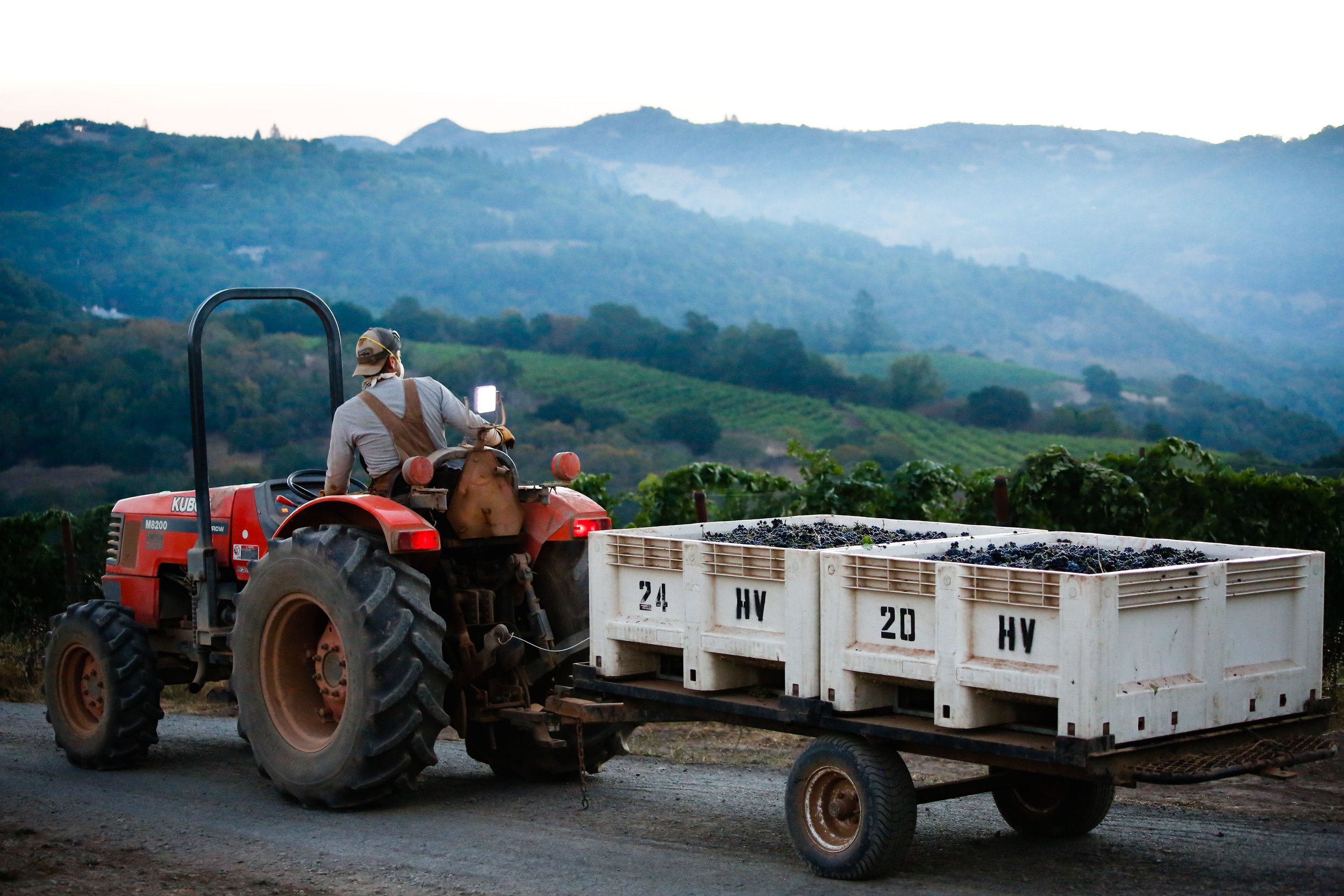
Located in Sonoma, California, Hanzell Vineyards was established in 1953 by James David Zellerbach. The winery is renowned for pioneering the use of temperature-controlled stainless steel fermenters and French oak barrels in California winemaking. These innovations contributed to the development of the region’s Chardonnay and Pinot Noir styles. Hanzell’s commitment to integrating modern technology with traditional methods has influenced winemaking techniques across the industry.
Jackson Family Wines
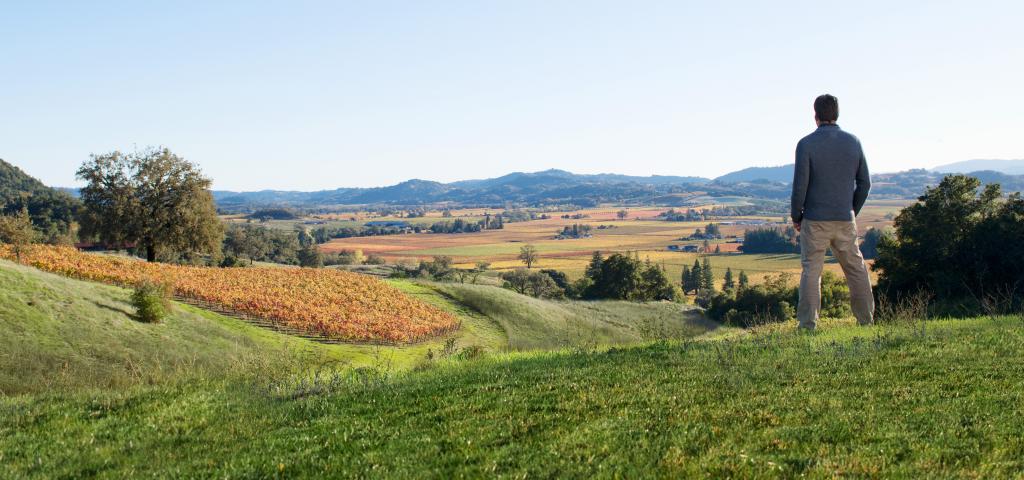
Founded in 1982 by Jess Jackson, this family-owned company is headquartered in Santa Rosa, California. Known for the Kendall-Jackson brand, they have expanded to include over 40 wineries worldwide. The Jackson family’s focus on sustainable and organic farming practices has set industry standards. Their commitment to environmental stewardship and high-quality wine production continues to influence global winemaking trends.
Bethel Heights Vineyard
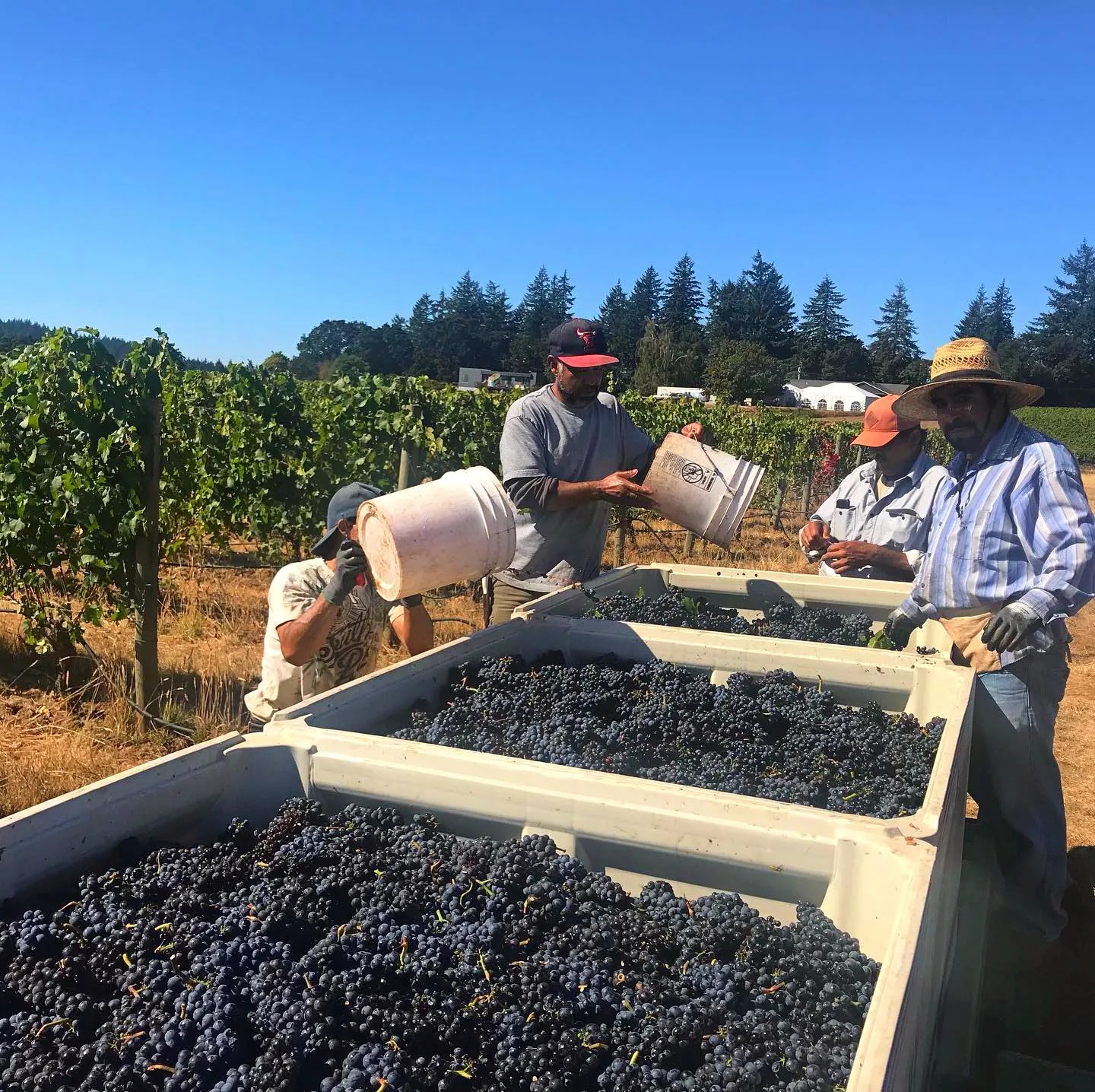
Established in 1977 by the Casteel and Dudley families in Oregon’s Willamette Valley, Bethel Heights Vineyard is known for its Pinot Noir and Chardonnay. The family has been a leader in sustainable viticulture, co-founding the Low Input Viticulture and Enology (LIVE) certification program. Their dedication to environmental responsibility has influenced sustainable practices in the region. Bethel Heights continues to be a model for family-owned wineries balancing tradition with innovation.
Tahbilk Winery
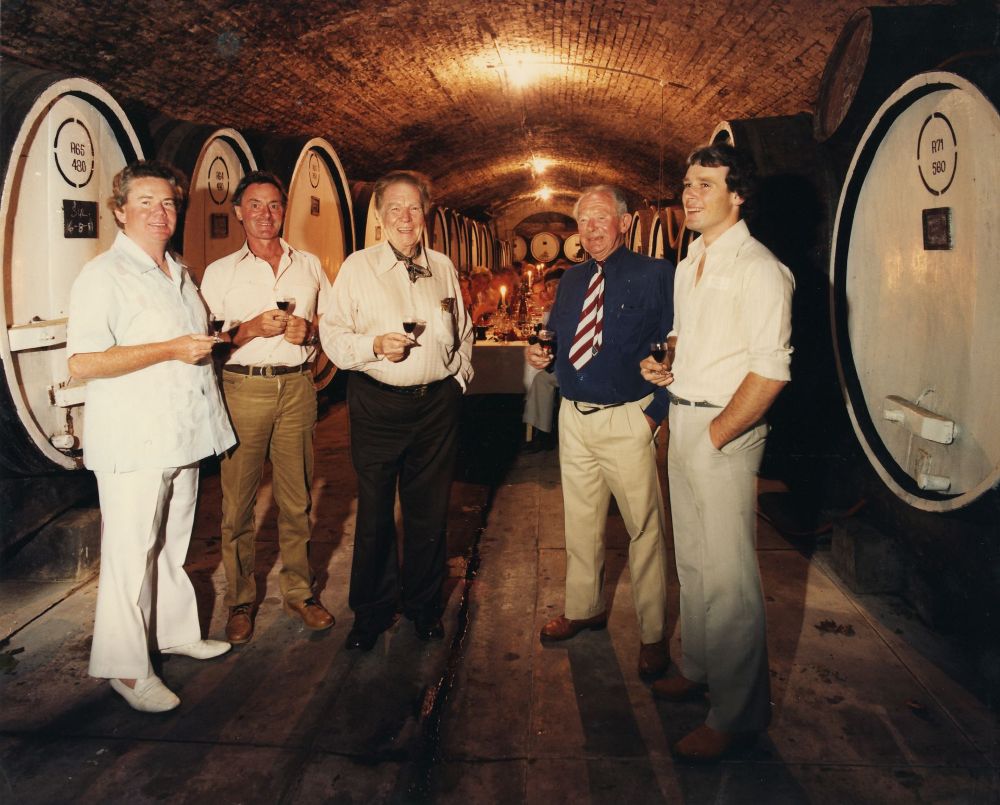
Located in Victoria, Australia, Tahbilk Winery has been owned by the Purbrick family since 1925. Celebrating a century of family ownership, Tahbilk is known for its commitment to traditional winemaking methods and sustainable practices. The Purbrick family’s stewardship has preserved the winery’s rich heritage while adapting to modern trends. Their approach serves as a model for balancing historical legacy with contemporary innovation.
DeLoach Vineyards
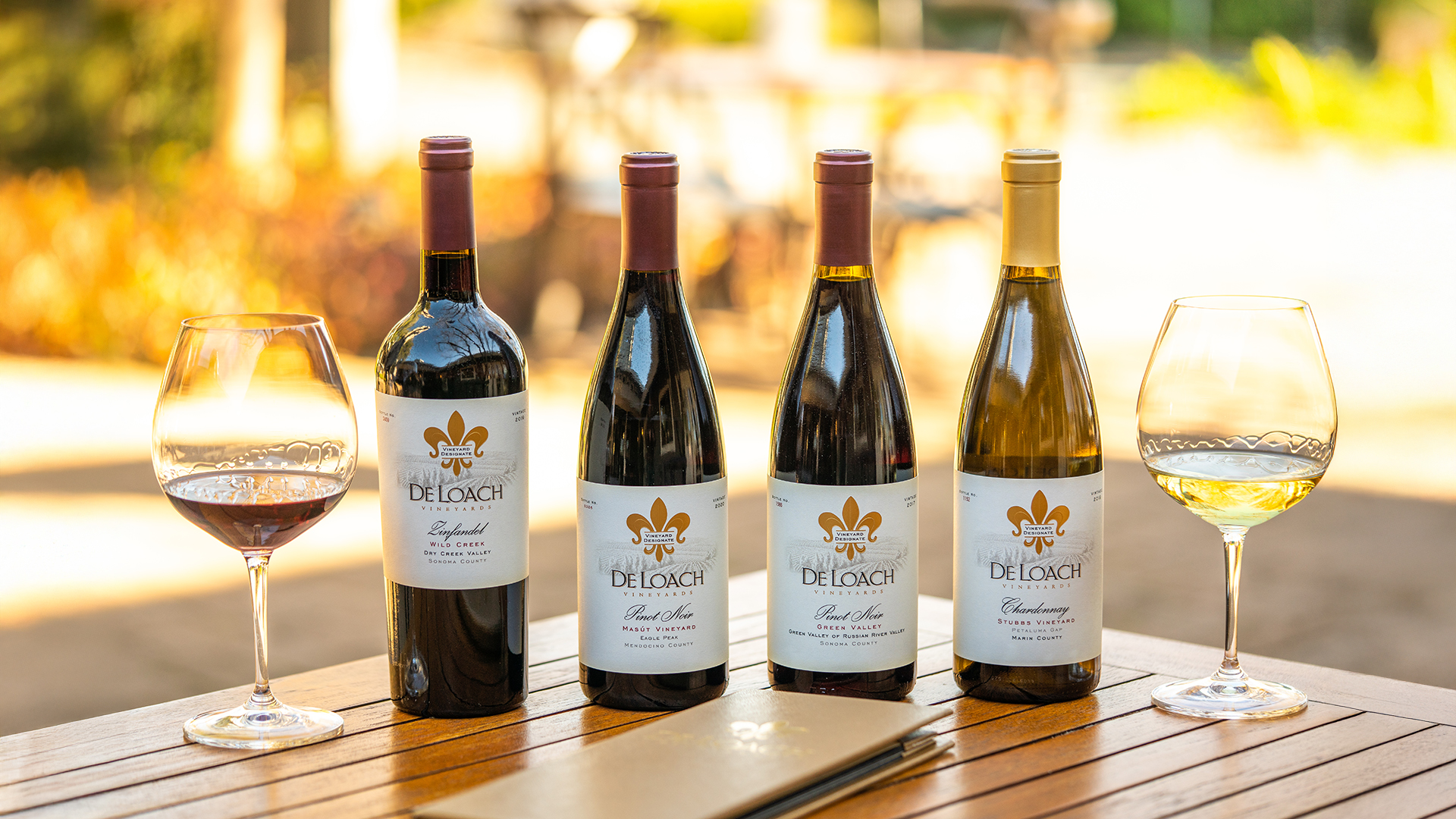
Acquired by the Boisset family in 2003, DeLoach Vineyards is situated in Sonoma’s Russian River Valley. The Boisset family’s Burgundian heritage influenced their focus on Pinot Noir and Chardonnay, employing traditional French techniques. Their commitment to biodynamic farming has promoted sustainable practices in the region. DeLoach’s integration of Old World methods with New World terroir has enriched California winemaking.
Hoopes Vineyard
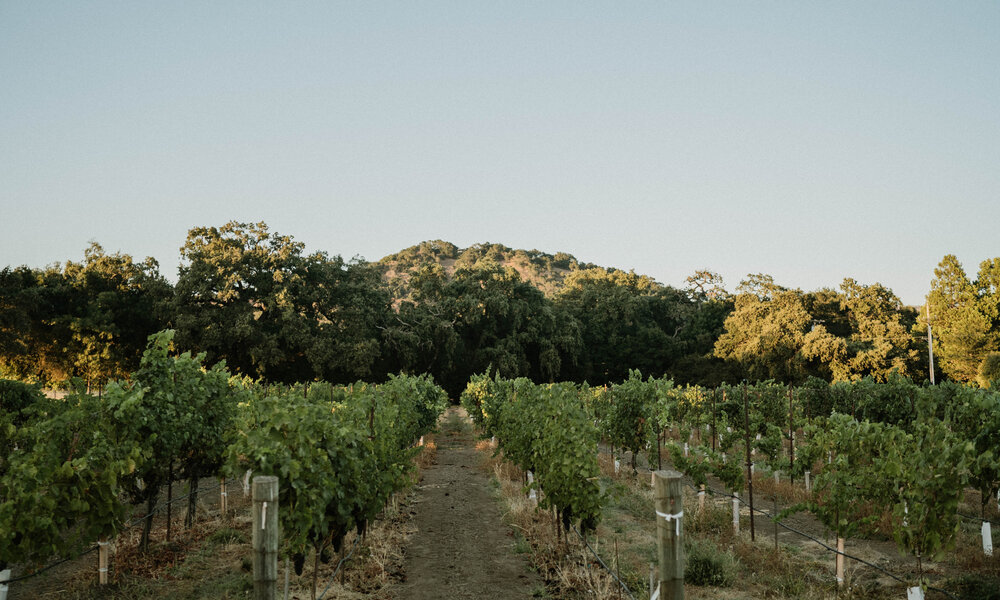
Located in Napa Valley, Hoopes Vineyard is a family-owned winery known for its relaxed atmosphere and environmental advocacy. Under the leadership of Lindsay Hoopes, the winery has embraced sustainable practices and consumer-focused trends. Lindsay’s unique background in law and winemaking brings a fresh perspective to the industry. Hoopes Vineyard exemplifies the modern family-owned winery balancing tradition with contemporary values.
Mitchell Wines
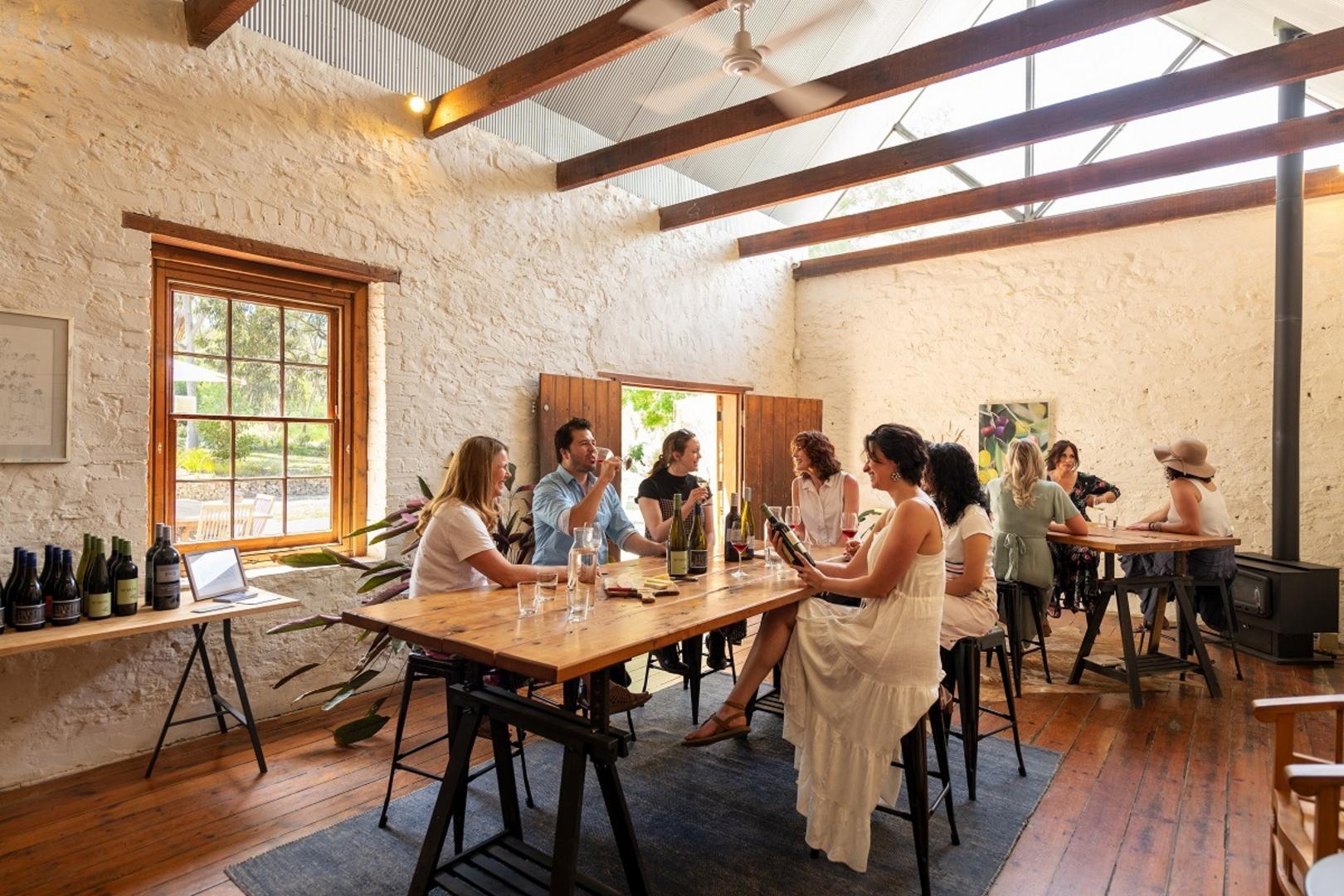
Based in Australia’s Clare Valley, Mitchell Wines is a family-owned winery known for its commitment to traditional winemaking and sustainable practices. The Mitchell family has been instrumental in promoting the region’s Riesling and Shiraz wines. Their focus on quality and environmental stewardship has influenced winemaking trends in the area. Mitchell Wines continues to be a benchmark for family-owned wineries in Australia.
Cline Family Cellars

Founded in 1982 by Fred Cline in Contra Costa County, California, Cline Family Cellars is known for preserving and cultivating ancient vine plantings. The family’s dedication to Rhone varietals and sustainable farming practices has contributed to the diversity of California’s wine offerings. Their approach to viticulture emphasizes the importance of heritage vines and environmental responsibility.
Maxwell Wines
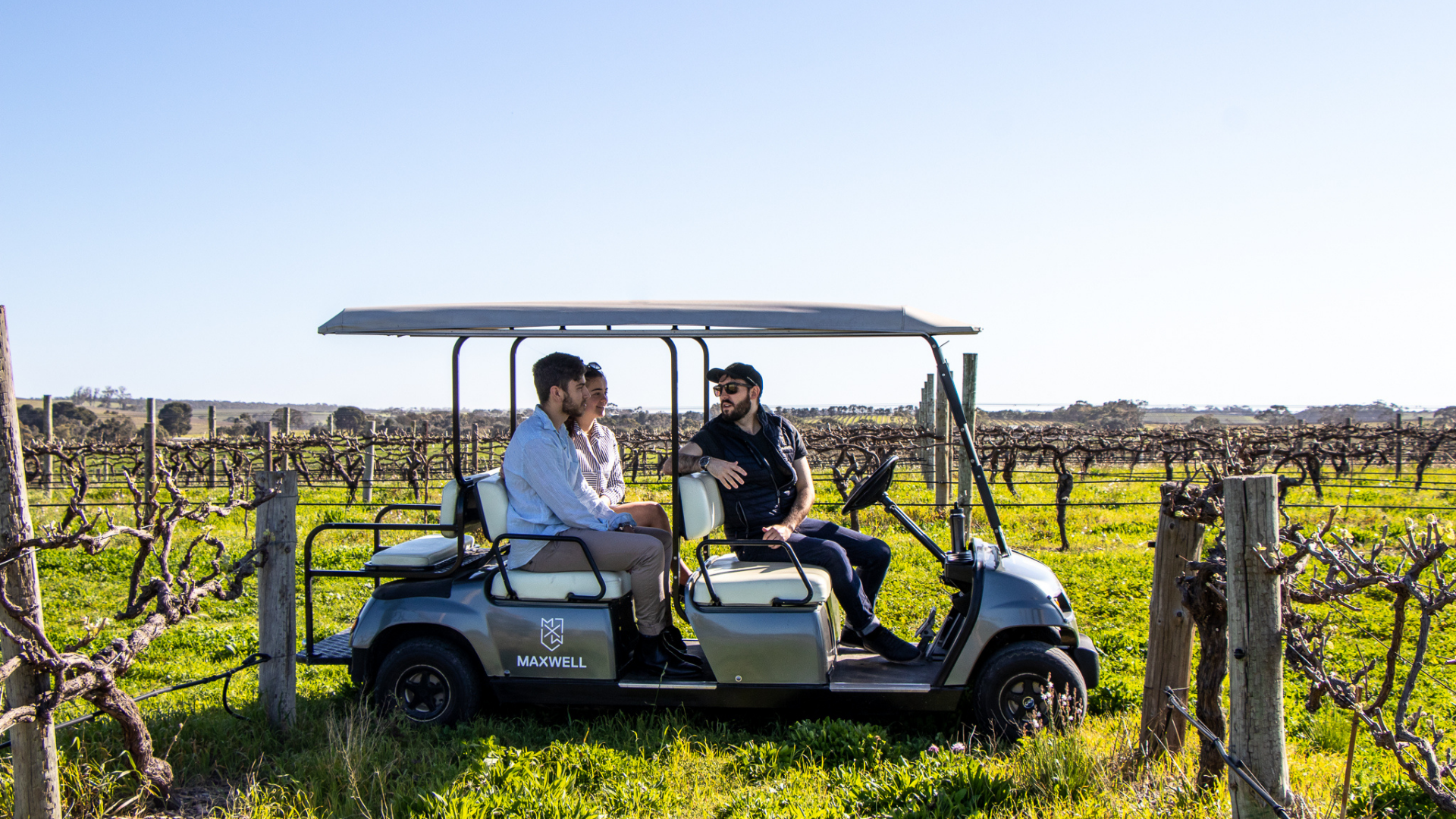
Located in McLaren Vale, South Australia, Maxwell Wines has been family-owned since its establishment. The Maxwell family is known for their innovative approach to winemaking, including the production of mead. Their commitment to quality and experimentation has influenced winemaking trends in the region. Maxwell Wines exemplifies the dynamic nature of family-owned wineries adapting to modern consumer preferences.
Wente Vineyards

Established in 1883 in Livermore Valley, California, Wente Vineyards is the country’s oldest continuously operated family-owned winery. The Wente family introduced Chardonnay cuttings from France, leading to the development of the Wente Clone of Chardonnay, which has become the foundation for much of California’s Chardonnay production. The family’s dedication to innovation and sustainability has made Wente Vineyards a pioneer in the industry. Their estate is also known for hosting educational programs, blending winemaking with an appreciation for craftsmanship. Today, Wente Vineyards remains a leading example of how tradition and innovation can coexist seamlessly.
Torres Winery
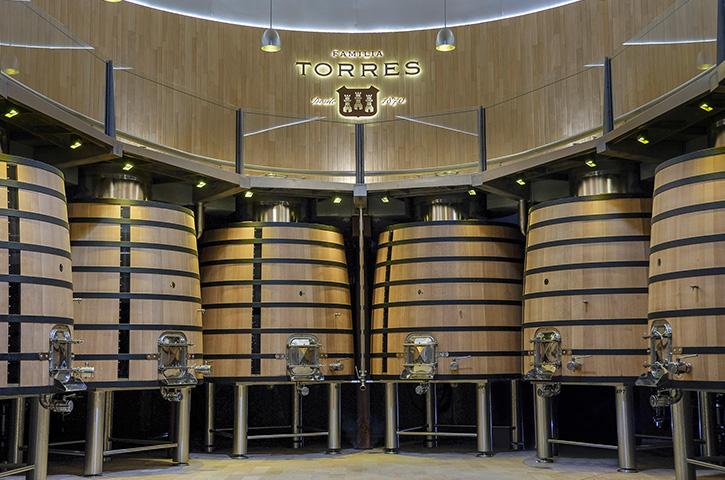
Established in 1870 in Penedès, Spain, Torres Winery is one of the most renowned family-owned wineries in the world. The Torres family has been a global leader in adopting environmentally sustainable practices, including organic viticulture and renewable energy. They are also credited with reviving indigenous Spanish grape varieties that were nearly extinct. Their dedication to research and innovation has significantly influenced modern winemaking trends. With over 150 years of history, Torres continues to shape the wine industry while preserving its heritage.
Ridge Vineyards
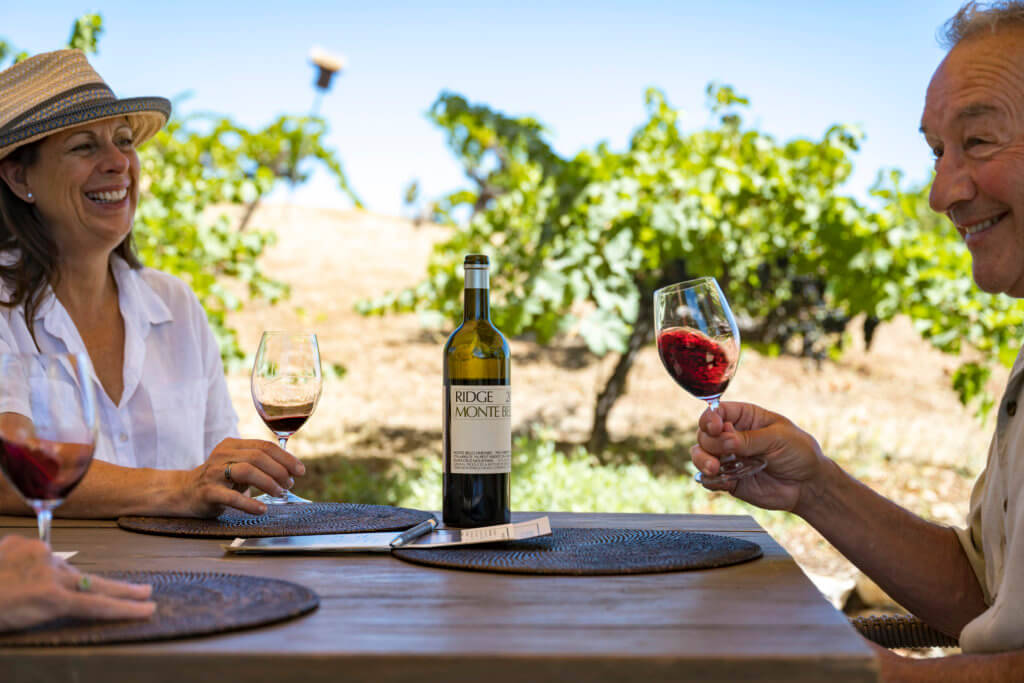
Located in California’s Santa Cruz Mountains, Ridge Vineyards was founded in 1962 and is celebrated for its high-quality, single-vineyard wines. The family’s focus on minimal intervention winemaking has set a benchmark for authenticity and terroir expression. Their Monte Bello Cabernet Sauvignon gained international acclaim, solidifying their reputation as pioneers in American wine. Ridge Vineyards has also embraced sustainable and organic farming to ensure the health of their vineyards. Their commitment to excellence and sustainability has influenced winemaking practices around the world.
This article originally appeared on RetailShout.
More From RetailShout
17 Sustainable Seafood Alternatives You Should Try
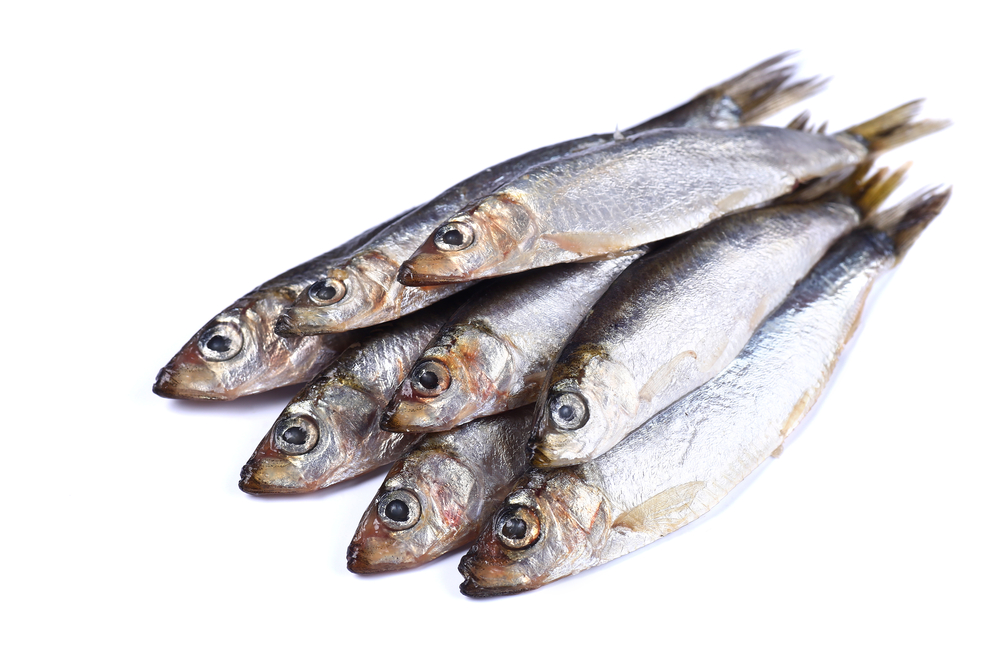
Eating seafood is one of life’s simple pleasures, but choosing the right kind of seafood makes all the difference. Sustainable options aren’t just better for the oceans—they’re healthier for you and often taste even better. Read More.
12 Hydrating Foods That Help Support Kidney Function

Kidneys play an essential role in filtering waste and excess fluids from your body. To keep them healthy, it’s crucial to stay hydrated and eat foods that support their function. Read More.
10 Chic Loungewear Under $25 You’ll Love from Walmart

Finding stylish loungewear that looks good, feels great, and doesn’t empty your wallet? Walmart has you covered. Their lineup of chic pieces under $25 proves that comfort and style can go hand in hand without costing a fortune. Read More.



